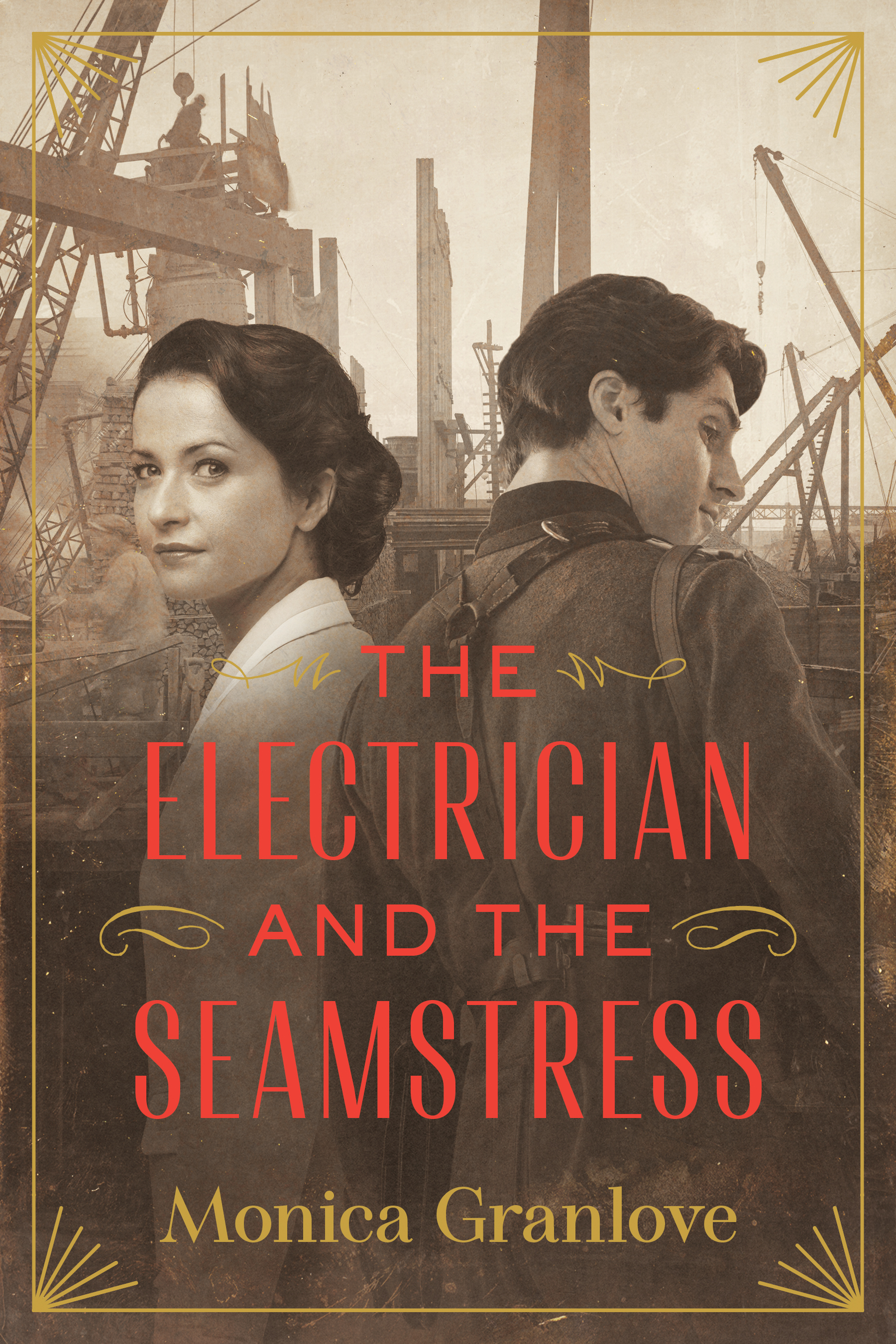Booklife Review

The romance between Karla and Bruno is heady but practical—fitting for a country struggling to recover from a Great War while prepping for the next. Germany’s economy is shattered, international relations are in ruins, and mistrust among the German people is rampant, thanks to the rising Nazi powers that, Karla observes, leave a “deep-seated wariness” coloring every social interaction. Granlove beautifully captures the nuances of that time, weaving factual information about the war and German culture into the unwavering adoration Karla and Bruno feel for each other. Even their wedding is distorted by the growing unease, as Bruno reflects on the challenges the couple face moving in with Karla’s father, a member of the Nazi party.
Beyond the moving central romance, Granlove expertly portrays the struggles of German civilians and soldiers, particularly the moral crises faced by those on the front lines. Every part of Karla and Bruno’s lives is shadowed by the war, including the heartbreaking account of their son, Klaus, targeted by the government due to being born with a disability, and Bruno’s eventual draft into service—and capture by the Russians. Granlove closes with a reminder that the truth does set one free—and a whisper of hope for the future.
Takeaway: Moving romance examines how everyday relationships are touched by war.
Comparable Titles: Anthony Doerr's All the Light We Cannot See, Amor Towles’s A Gentleman in Moscow.
Production grades
Cover: A-
Design and typography: A
Illustrations: N/A
Editing: A-
Marketing copy: A


